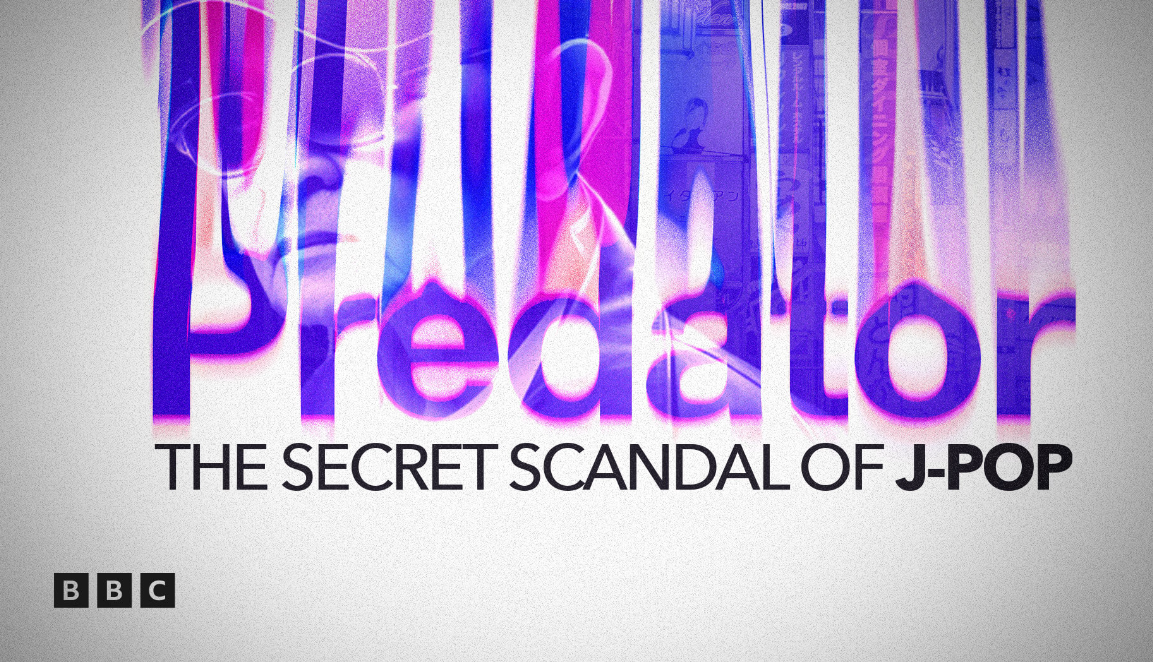

I’ll begin by stating, the BBC remains one of the most pre-eminent national broadcasters anywhere in the world. Auntie Beeb, despite economic and political pressures, continues pursuing its original remit to educate, inform and entertain with death-defying aplomb. The political interference and commercial pressure the corporation encounters remain a question for another time. However, I am adamant its news navigates neutrality and objectivity better than most, its dramas tend toward quality TV, and its documentaries are brave in topic and approach.
However, in exploring sexual abuse claims leveled at Johnny Kitagawa, and his stranglehold on the Japanese boy-band industry, the investigation adopts moralizing of the worst colonial impulses. Even more peculiar when accounting for the presenter, Mobeen Azhar’s background. A second-generation gay British Asian Muslim with a storied and decorated fifteen-year career creating content in areas including religion, addiction, and sex work.
The form of this BBC Two documentary doesn’t help. Predator… as with the more torturous aspects of Channel 4’s excellent Unreported World series, uses the ridiculous cut-away technique when the interviewer and interviewee converse in different languages. The presenter asks a question in English, and the interviewee fires back in their native tongue. The awfulness of the premise is worsened when a mid-range camera captures both individuals in the same shot attempting to represent a synchronous interaction. What the audience is left with is a disconcerting conversational experience, sounding and looking ridiculously unnatural.
The impact of Johnny’s alleged sexual abuse against young men and boys is further lost with the use of ‘doorstepping’ the subject of the piece. Especially when the accused predator died in 2019, aged 87, from a stroke in hospital. Simon Cowell could only wish for the level of control the Japanese mogul wielded over his domestic music industry. Johnny was the kingmaker extraordinaire, exerting an iron grip on his public reputation and manufactured stars, with maniacal efficiency. The business left behind, with earnings still between US$15.0M - $25.0M per year, is now controlled by Johnny’s niece, Julie Keiko Fujishima. Mobeen Azhar, in attempting to “reach out to the people in power,” arrives uninvited at the company’s headquarters. This, after being told beforehand in no uncertain terms via written correspondence, nobody at the company will speak to him or engage in the allegations. Yes, it is an impenetrable and despicable wall of silence. First noted by Shukan Bunshun magazine in 1999, when they became the first Japanese news outlet to pursue the story of Johnny’s transgressions. However, approaching the powers that be cognizant they will not engage with you is television investigative journalism, at its most pointless.
And here we move onto the biggest concern with the piece. Just to reiterate, the possible and likely abuse committed by Kitagawa is abhorrent. However, the accused never faced criminal charges, and won a libel suit brought against Shukan Bunshun, although that judgment was in part later overturned. Azhar’s framing, throughout the piece, is problematic and doubling moralizing. He plays as someone dealing with their own trauma. If I misread, I apologize. But he appears desperate for the interviewees, and the audience, to side with his moral outrage. The haranguing of the Japanese interviewees is painful viewing. Azhar is perplexed at their continued revere, and even “love”, toward the star-maker. This almost rabid determination smacks of the worst kind of tone-deafness.
Japan’s age of consent, in contrast to 16 in the UK, is thirteen. Japan, across a variety of cornucopia of measures, is far less crime-ridden than the UK, and polls show its citizens feel far safer than British folk. We know Japanese culture has its own uniqueness through its relationships to vending machines, bathrooms, religion, Anime, Kawaii, and sex, to name just a few. Added to this, the notion of ‘Face’ remains complex and nuanced and rarely understood by many Westerners.
This unwillingness of those ‘knowing’ Johnny to criticize the man may be because of an unwillingness or inability to process this trauma. However, other reasons abound. But constantly alluding to interviewees’ inability to “get” the experienced behavior as predatory smacks of colonial paternalism.
Azhar is relentless in attempting to position this Johnny Kitagawa expose in the same wheelhouse of abuse documentaries as Leaving Neverland or Surviving R. Kelly. However, in so doing, the BBC fails here towards any claims of balance and consideration.